Scientific Committee
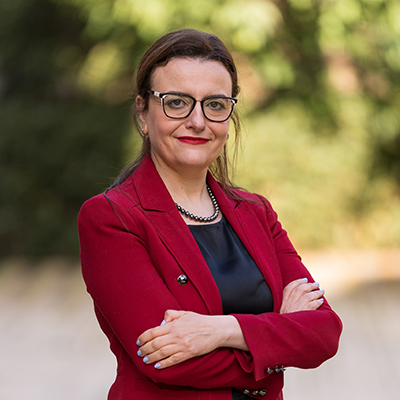
Rym Ayadi
President Euro-Mediterranean Economists Association (EMEA), Director, EU-Mediterranean and African Network for Economic Studies (EMANESProfessor Rym Ayadi is Founder and Director of the EU-Mediterranean and African Network for Economic Studies (EMANES, formerly EMNES), Founder and President of the Euro-Mediterranean Economists Association (EMEA), Professor at the Bayes Business School, City University of London, and Member of the Centre for Banking Research (CBR).
She is also Associated Scholar at the Centre for Relationship Banking and Economics (CERBE) at LUMSA University in Rome.
Senior Research Advisor at the Euro-Mediterranean University (EMUNI) in Piran, Slovenia.
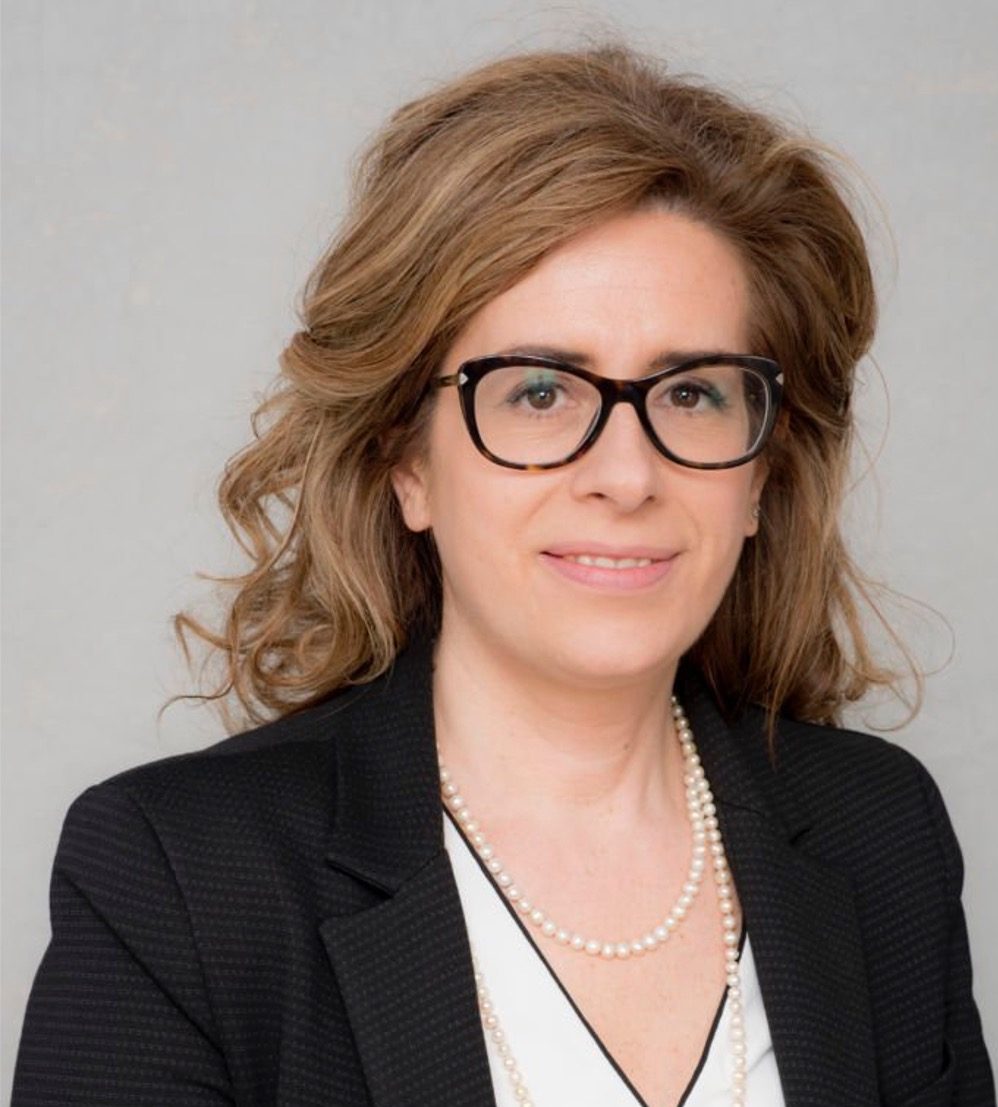
Cinzia Alcidi
Director of Research, Head of the Economic Policy Unit at the Centre for European Policy Studies (CEPS), BelgiumDr. Cinzia Alcidi is Senior Research Fellow and Head of the Economic Policy Unit at the Centre for European Policy Studies (CEPS) in Brussels and LUISS- School of European Political Economy- research fellow.
Prior to joining CEPS, she worked at International Labour Office in Geneva and she taught International Economics at University of Perugia (Italy). Her research activity includes international economics, macroeconomics, central banking and EU governance.Since 2015 she is the coordinator of CEPS Academy Activities. She has experience in coordinating research projects and networks. She has published extensively on the economics and governance of the Euro area crisis and participates regularly in international conferences.
She holds a Ph.D. degree in International Economics from the Graduate Institute of International and Development Studies, Geneva (Switzerland).

Philippe Adair
University Paris-Est Créteil (UPEC), FrancePhilippe Adair, PhD in Economics and PhD in Sociology, Emeritus, is Professor of Economics at University Paris-Est Créteil (UPEC), France.
A fellow of the ERUDITE research team (UPEC), he supervised thirteen PhDs.
He specialises in Labour Economics and Financial Economics. His two research topics are the informal economy and small business funding (microfinance) in developing/transition and developed countries.
He is an Editorial Board member of the peer-reviewed journal Mondes en Développement. (ranked by the CNRS) and a vice-president of Association Tiers-Monde.
He records over one hundred publications including articles in ranked journals, books, chapters in books, published conference papers and international research reports.
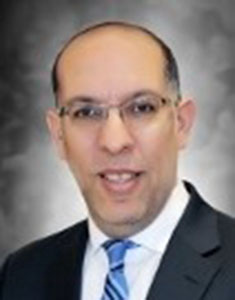
Sami Ben Naceur
Acting Division Chief of the African Division in the IMF’s Institute for Capacity Development (ICD)Dr. Ben Naceur earned a Ph.D. in Finance from the University of Paris Sorbonne. He earned his undergraduate degree in Finance from INSEEC Business School in France, and a MSc. in Management Science in his native Tunisia from the University of Tunis. He has excellent oral and written communication skills with fluency in Arabic, English, and French.
Dr. Ben Naceur’s research focuses on macroeconomics, development economics, and financial economics. He has published more than 30 research papers in leading economic and finance journals such as World Development, Journal of Comparative Economics, Journal of Financial Stability, International Review of Finance, with more than 4500 citations according to Google Scholar, and he is ranked as one of the most read IMF economists.
Dr. Ben Naceur worked for seventeen years before joining the IMF in academia, research and consulting on the MENA region. His research work has been published in economic and finance journals, industry reports, and newspaper articles. He has presented his work in numerous global and regional conferences and policy fora.
Dr. Ben Naceur worked for two years as a senior economist in the Middle East and Central Asia Department (MCD) of the IMF. In this role, he provided intellectual and strategic leadership to the Regional Studies Division of MCD and contributed to the MENA and Central Asia Regional Economic Outlook through analytical work on relevant regional issues.
During his two-year tenure as Deputy Director of the IMF-Middle East Center for Economics and Finance, in Kuwait, Dr. Ben Naceur helped identify key policy and economic issues facing the region, and managed the training program of the IMF, World Bank, OECD and WTO in the MENA region. In this capacity, he also organized conferences and regional policy meetings in collaboration with two prominent regional organizations: the Arab Monetary Fund (AMF) and the Arab Fund for Social and Economic Development (AFSED).
As Chief of the Internal Economic Training Unit at the IMF, Dr. Ben Naceur was in charge of designing the intellectual economic agenda of the Fund and managing the IMF’s Internal Economic Training Program, assisted by a team of six very experienced IMF economists and hundreds of renowned scholars.
Currently, Dr. Ben Naceur is the Acting Division Chief of the African Division in the IMF’s Institute for Capacity Development (ICD), leading a team of ten economists and short-term consultants in delivering technical assistance and training in macroeconomics and finance to public officials of sub-Saharan African countries, intermediated mostly through the Africa Training Institute in Mauritius.
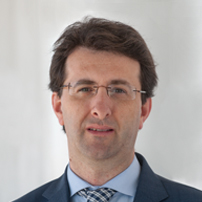
Jorge Bravo
NOVA IMSJorge Miguel Bravo is Associate Professor of Economics & Finance at NOVA IMS and Invited Full Professor at Universidade Nova de Lisboa FCT; Invited Professor at Université Paris-Dauphine PSL in Paris, France. He holds a PhD and BSc in Economics from the University of Évora and a MSc in Monetary in Financial Economics from ISEG Technical University of Lisbon. He is Director of the Postgraduate Programs in Financial Markets and Risks and in Data Science for Finance and of the MSc Program in Statistics and Information Management. He is an Integrated Member of research centers MagIC (NOVA IMS research and development center), BRU-ISCTE-IUL and CEFAGE-UE, and an integrated member of Banco Bilbao Vizcaya Argentaria (BBVA) Pensions Institute Scientific Experts Forum in Madrid, Spain. He was considered a member of the World’s Top 2% Scientists List in 2021 – University of Stanford, USA. His work is published in prestigious academic journals such as the Journal of Banking and Finance, Insurance: Mathematics and Economics, Expert Systems with Applications, Applied Soft Computing, Socio-Economic Planning Sciences, Journal of Pension Economics and Finance; Risk Management, Risks, Statistical Journal of the IAOS, Journal of Finance and Economics, International Journal of Applied Decision Sciences, CESifo DICE Report – Journal for Institutional Comparisons, MIT Press and World Bank books. He works as scientific consultant for national & international public (SOCIEUX+ European Union, Statistics Portugal, Ministry of Finance; Ministry of Labour & Social Security) and private institutions (Insurance companies, Pension Funds Association, Social Benefits Issuers Association) on research topics such as Longevity risk management, Ageing & social protection systems reform and sustainability, retirement & saving schemes, credit risk management. He integrated as an external member the Interministerial Commission for the Reform of the Social Security System in Portugal.
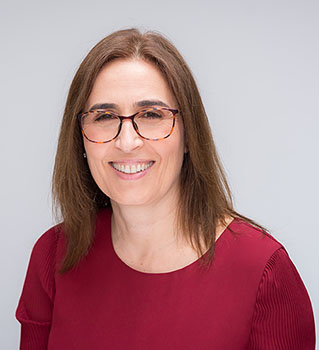
Barbara Casu
Professor, The Business School, City University of LondonProfessor Barbara Casu is the Director of the Centre for Banking Research at Cass Business School, where she is Professor of Banking and Finance. She is also the Director of the Cass Executive PhD Programme. Her main research interests are in empirical banking,financial regulation, structured finance, and corporate governance. Barbara has published widely, with over 40 publications in peer reviewed Journals. She has also written the popular textbook “Introduction to Banking” (Pearson FT), which is widely adopted for banking courses across the world. She has recently co-edited the Palgrave Handbook of European Banking. Outside academia, Professor Casu has been a consultant/visiting researcher at several organizations.
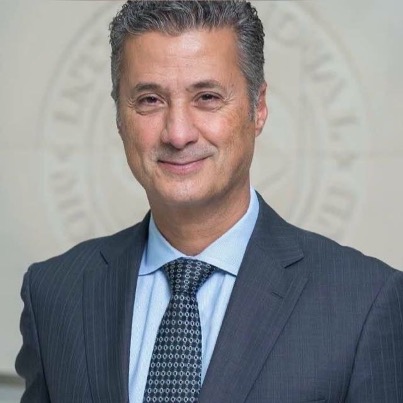
Ralph Chami
Assistant Director, Institute for Capacity Development (ICD) International Monetary FundRalph Chami oversees the development and implementation of the internal economics training program for all IMF economists as well as the revamping of the Institute’s external training program for officials from member countries.
Most recently, he was Assistant Director and Division Chief in the Middle East and Central Asia Department where he oversaw surveillance and program work on fragile states: Egypt, Libya, Somalia, Sudan, South Sudan, and Yemen, and was Mission Chief for Libya and Somalia. He is the recipient of the 2014 IMF Operational Excellence Award for his work on fragile states.
His areas of specialization are climate, fragile states, remittances, banking regulation and supervision, and financial markets. His hobbies include music and yoga. Ralph is a semi-professional guitarist for over 40 years.
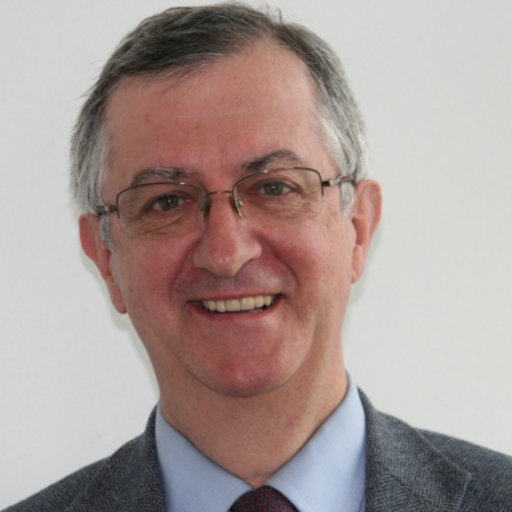
Jacques Charmes
Director of research emeritus at the Institute of Research for Development (IRD)Jacques Charmes is director of research emeritus at the Institute of Research for Development (IRD), a French public research institute under the joint supervision of the French Ministries of Higher Education and Research and Foreign Affairs. His research focuses on the measurement and understanding of the functioning of the informal economy, as well as the conception and implementation of time use surveys and gender indices at regional and national levels, especially in the MENA region and in sub-Saharan Africa.
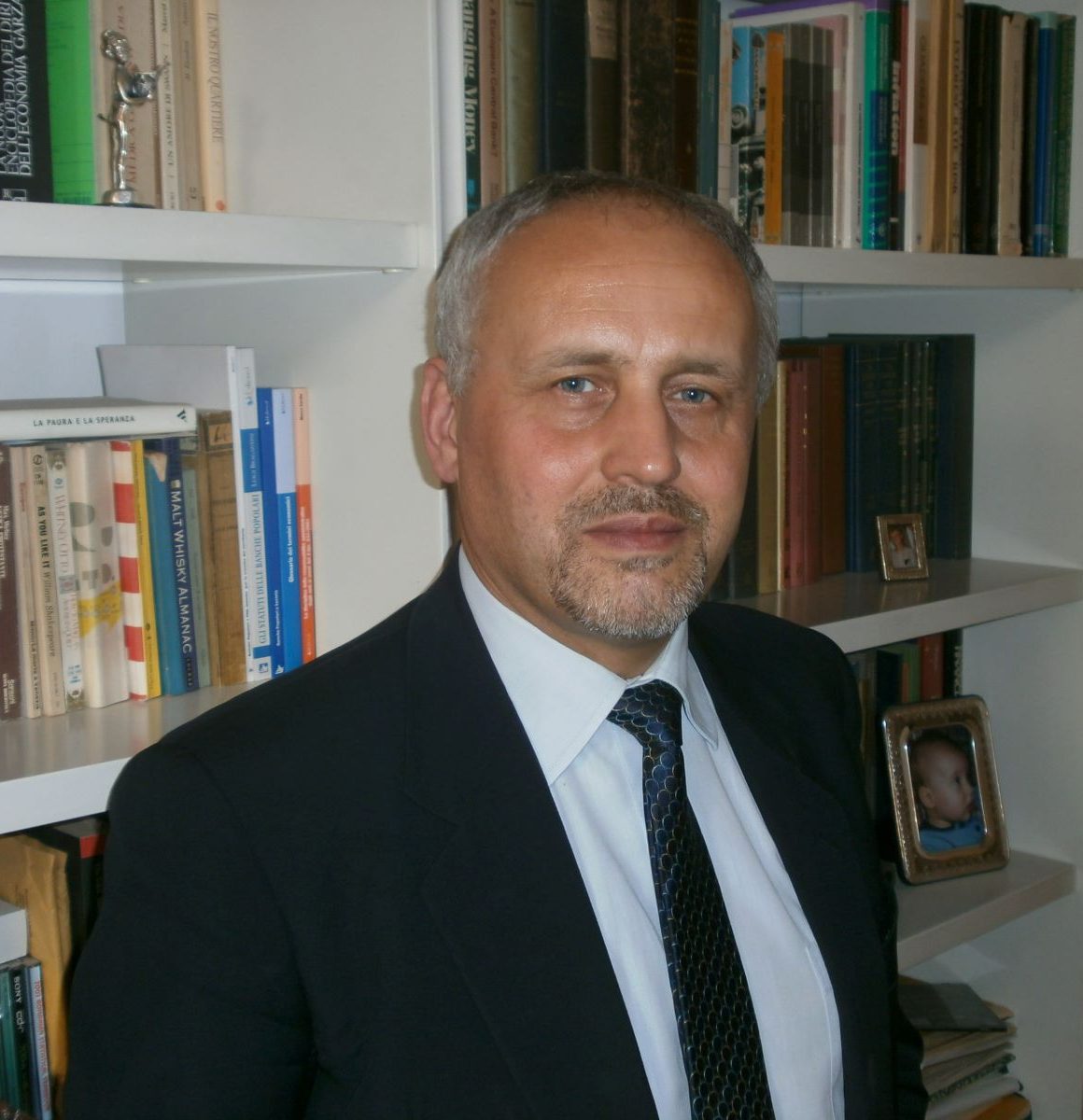
Giovanni Ferri
Director of the Master in Management of Sustainable Development Goals at Università LUMSAProfessor Giovanni Ferri received his BSc in economics from the University of Siena and his Ph.D. in Economics from New York University. Since 2012 he is full professor of economics at the Department of Law, Economics, Politics & Modern Languages at LUMSA University in Rome where, from 2014 to 2018, he was Deputy Rector for Academic Affairs and chaired the Quality Assurance and Library Committees. He also co-founded and chairs the Center for Relationship Banking & Economics (https://sites.google.com/site/cerbelumsa/home) to foster research for a better understanding of relational goods to promote society wellbeing. He founded and chairs the Master in Management of Sustainable Development Goals (http://mastermsdg.lumsa.it).
He previously served at the University of Bari, World Bank, Banca d’Italia.
He visited: ADB Institute, HKMA, NBER, Princeton University, Tokyo University. He consulted for EU Commission/Parliament, Italy’s Treasury and partook in EBA’s Banking Stakeholder Group. He is editor-in-chief of Economic Notes and led (or consulted for) policy/research projects in many countries, including Albania, China, Indonesia, Korea, Malaysia, Philippines, Serbia, Thailand, Turkey, Vietnam.
He has published extensively on/for several world recognized journals/publishers on various fields: financial shocks, banking structure, rating agencies, corporate governance, migration, firm internationalization, Chinese economy, family firms, inequality, sustainability.
To support the sustainable transition by providing innovative consulting and knowledge building to both public and private sector organizations through an ethically sound business model, he has co-founded (and is scientific chair) of Sustinentes (https://sustinentes.it/).
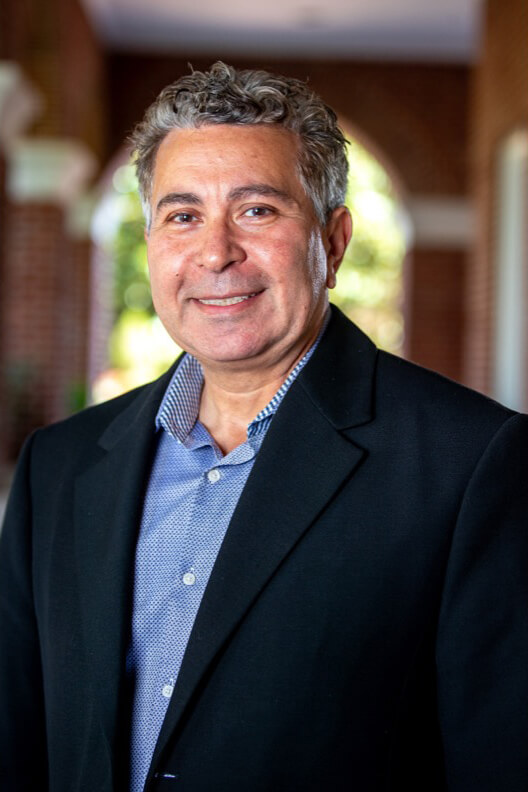
Alex Hamed
Dr. Hamed is an esteemed economic professor with a passion for exploring the intricacies of economic development, international political economy, and globalization, Dr. Hamed’s research interests are a testament to his wide-ranging curiosity and dedication to understanding the complexities of the modern world. His work is situated at the intersection of economics, politics, and global dynamics, with a focus on topics such as economic inequality, labor migration, remittances, and globalization. His dissertation project, “Remittances and their Impact on Economic Development in Developing Countries,” underscores his commitment to exploring how economic systems shape and are shaped by various forces.
Beyond his academic pursuits, Dr. Hamed has been actively involved in educating the next generation of leaders and economists. He has held positions as an Economic Professor at Christopher Newport University, and ECPI University. His dedication to teaching mirrors his commitment to research, creating a symbiotic relationship between academia and real-world applications.
Dr. Hamed’s research contributions are prolific and thought-provoking, reflecting his dedication to shedding light on the intricate connections between economics and global affairs. Notable projects include publications such as “Austerity Causes Inequality: A Transatlantic Perspective” His exploration of topics like FDI inflow, economic statecraft, and labor migration highlights his nuanced approach to understanding the complexities of international relations.
With an impressive record of research projects and conference presentations, Dr. Alex Hamed has carved out a distinctive niche in the realm of economic development and international political economy. His multidisciplinary approach, informed by his diverse background and experiences, ensures that his contributions to academia and the global understanding of economic dynamics remain both innovative and impactful.
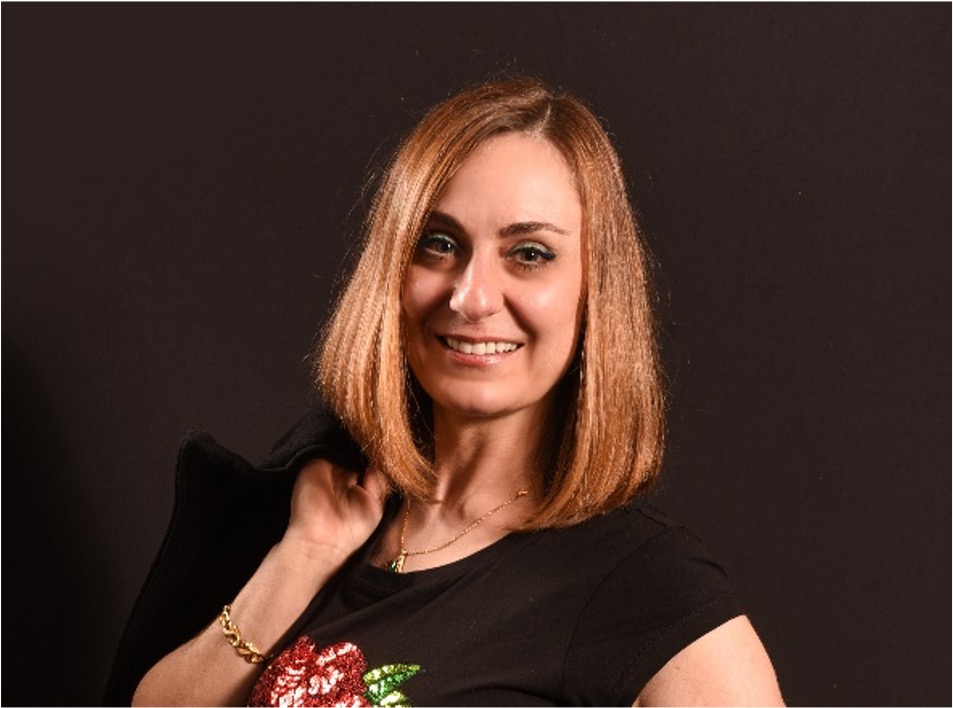
Nathalie Hilmi
Section Head of Environmental Economics, Scientific Center of MonacoDr Nathalie Hilmi is an expert in Macroeconomics and International Finance. After doing research and giving lectures at the CEMAFI (Centre d’études en Macroeconomie et Finance Internationale), University of Nice-Sophia-Antipolis (UNSA), France, she obtained her PhD thesis with honours in 2000. She then joined Allergan, a pharmaceutical American group, as a financial analyst and continued giving lectures in economics and management in private business schools. Subsequently she taught at EDHEC Business School and continued her research work with EDHEC Risk and Asset Management Research Centre. In 2006, she was employed at the International University of Monaco as Professor of Macroeconomics and Finance. Her research work encompassed academic studies and conference presentations to develop the network of the Hedge Funds Research Institute (HFRI), and applied researches on investment strategies in Alpstar, a hedge fund in Geneva. She continued to teach in executive programs in EDHEC and a national training centre for banking executives. Concomitantly, she continued working at the CEMAFI as an associate researcher. She organized conferences for HFRI and UNSA: on “Bridging Mathematics, Social Sciences and Finance” and the “8th MEEA International Conference”. She is a member of several international associations in economics and finance (elected board member of the Middle East Economic Association) and she actively participates in the reviewing and editing of specialized publications. In 2010, she joined the Centre Scientifique de Monaco as section head of environmental economics and collaborated with IAEA’s Environment Laboratories to initiate correlation studies between environmental sciences and economics to better evaluate the socioeconomic extent of impacts and costs of action versus inaction with regard to carbon emissions. She is in charge of the coordination for the preparation and organization of the workshop series “Bridging the gap between ocean acidification impacts and economic valuation” held in Monaco every two years. She passed her post-doctoral degree (HDR) in 2011 about “a muldisciplinary approach of sustainable development”. She is lead author for IPCC Special Report on the Ocean and Cryosphere in a Changing Climate (SROCC) in the chapter 5 on “Changing oceans, marine ecosystems and dependent communities” and the cross-chapter box on “low lying islands and coasts” and for the WGII AR6 (Sixth assessment report) in chapter 18 on “climate-resilient development pathways” and cross-chapter paper on the Mediterranean. She was reviewer for the Special Report on Global Warming of 1.5°C and for the Special Report on Climate Change and Land and IPBES reports.
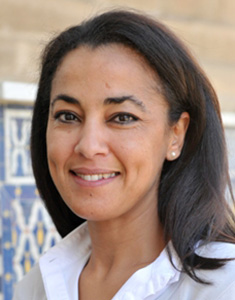
Najat El Makkaoui
Professor at University Paris Dauphine-PSL, LEDa DIALNajat El Mekkaoui is a senior economist and professor in economics at the University Paris Dauphine. Her research focuses on the economics of aging, demographic changes in developing countries and social security programs. She is distinguished visiting research fellow at Oxford.
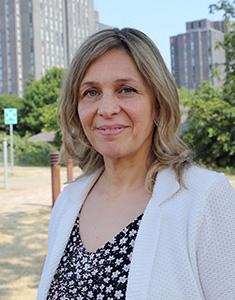
Claudia Girardone
Professor of Banking and Finance at Essex Business School of the University of EssexClaudia Girardone is Professor of Banking and Finance at Essex Business School of the University of Essex. She is also Director of the Essex Finance Centre (EFiC) and the School’s Director of Research. Professor Girardone has published over 50 articles on various aspects of banking and finance in books and peer-reviewed international journals. She is a co-author of the textbook Introduction to Banking (FT Pearson Education, 2015). She is currently on the editorial board of several journals including the Journal of Financial Economic Policy and The European Journal of Finance. Her current research areas are on banking sector performance and stability, bank corporate governance, the industrial structure of banking and access to finance.
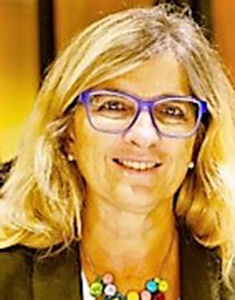
Giorgia Giovannetti
Vice President for International Relationships of the University of FirenzeGiorgia Giovannetti is Vice President for international Relationships of the University of Firenze (from November 2015), full Professor of Economics at the University of Florence (since 2001), visiting Professor at the European University Institute, Part time professor at New York University, Study abroad programme and member of the “consiglio di Reggenza” of the Bank of Italy, Florence. She has acted as Scientific Director of the (first and second) European Report on Development in 2009 and 2010, Director of the Development Research Area in the Global Governance Programme (2011-2013), Director of the Research Centre of the Italian Trade Institute-ICE (2005-2007). She has been advising the EU Commissioner for Development (2009-2012), the President of the Italian Trade Institute-ICE (2004-2014), the Italian Treasury (2003-05) and the Italian Ministry of Foreign Trade (2002-05). She is the scientific coordinator of the Fondazione Manlio Masi, member of the globalization team at OECD, fellow of the Foundation for International Development Study and Research- FERDI, (University of Auvergne at Clermont Ferrand) and Fondazione Luca D’Agliano (Turin). She was in a Group of the Center for Global Development (CGD) in Washington working on the Reform of the Rome Agencies. She holds a PhD and an MPhil in Economics from Cambridge University, and a Laurea cum laude in Statistics from the University of Roma la Sapienza.
In the past she has been fellow of Trinity College- Cambridge and lecturer (1990-1995) and visiting Professor in several universities (Pompeu Fabra- Barcelona, Hoover Institution-Stanford, Universitat Torcuato de Tella- Buenos Aires). She has also been Fellow of the European Forum of the EUI on “The Political Economy of an Integrated Europe” (1996-97). Her research interests include macroeconomics, political economy, international trade, European Economy and development economics. Her work has been published in leading academic journals and presented in main international conferences.

Yixiao (Ethan) Jiang
Dr. Yixiao (Ethan) Jiang is an Assistant Professor of Finance at Western New England University and an affiliated faculty member of the WNE Fintech Incubator. Prior to joining WNE, he worked at Christopher Newport University for four years as an Assistant Professor of Economics. He holds a Ph.D. degree in Financial Economics and Econometrics from Rutgers University.
Dr. Jiang’s research interests include financial econometrics, credit rating agencies, and international economics/finance. Dr. Jiang’s research has appeared in leading academic journals, including the Journal of Financial Econometrics, Empirical Economics, Review of Economic Analysis, Journal of Economic Integration, and Finance Research Letters.
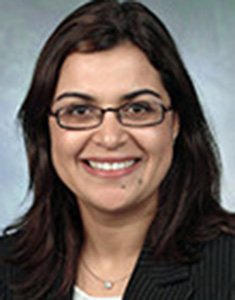
Basma Majerbi
Associate professor at the Peter B. Gustavson School of BusinessBasma is an associate professor at the Peter B. Gustavson School of Business and the operations chair for the Centre for Social and Sustainable Innovation (CSSI). Her research examines the importance of currency risk in global equity markets and how exchange risk fluctuations affect the pricing of risk in stock markets around the world. She is also interested in issues of integration versus segmentation of financial markets, international diversification benefits into emerging markets, systemic banking crises and financial liberalization. Her past research has been published in leading business journals such as the Journal of Financial and Quantitative Analysis, the Journal of International Business Studies, the Journal of Empirical Finance, and Emerging Markets Review. Basma’s current research looks at the impact of financial system diversity on economic growth and macro-financial stability. Thanks to research funding from the Canada Foundation for Innovation and BCKDF, she’s working on developing a new global financial database that provides more comprehensive measures of institutional diversity and depth of national financial systems around the world. At Gustavson, Basma teaches international and corporate finance with an underlying foundation of organizational and functional sustainability to graduate and undergraduate students.
Since 2011, Basma has also been teaching for the International Monetary Fund’s Institute for Capacity Development and contributes to various executive training courses offered by the Institute to mid-to-senior level government officials from African and Eastern European central banks and ministries of finance. Prior to that, she worked as a consultant for the World Bank, taught finance courses at McGill University’s Desautels Faculty of Management, and held various positions in the private sector in Tunisia and Europe. Since 2010, Basma has overseen the calculation of the carbon footprint of Gustavson faculty, staff and students, and has been actively engaged with CSSI in its ongoing efforts to reduce the school’s carbon footprint.
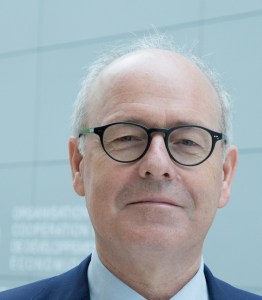
Joaquim Oliveira Martins
Counsellor at Center for Prospective Studies and International Information (CEPII, Paris)Joaquim Oliveira Martins is Counsellor at Center for Prospective Studies and International Information (CEPII, Paris). He was before Deputy-Director of the OECD Centre for Entrepreneurship, SMEs, Regions and Cities focusing on Entrepreneurship & SMEs policies; Regional, Rural and Urban policies; and Tourism.
He was also Head of the OECD Regional Development Policy Division and supervised projects on regional and urban economics, governance, regional statistics and well-being. He was Head of the OECD Structural Economic Statistics Division, where he focused on Trade & Globalisation studies, Productivity measurement and Business statistics. He is author of many academic articles and OECD publications. When Senior Economist at the OECD Economics Department, he coordinated and authored reports on Policy Response to the Threat of Global Warming, Competition, Regulation and Performance, Ageing & Growth, Investment in Tertiary Education, and Public Health Expenditure Projections. He was also Head of Desk for Emerging markets, in charge of the first OECD Economic Surveys of Brazil, Chile and several transition countries. He holds a MSc in Econometrics and a PhD in Economics from the University of Paris-I, Panthéon-Sorbonne, and is Lecturer at the University of Paris-Dauphine PSL and Fellow of the Academy of Social Sciences, UK (FAcSS).

Raul Ramos
Professor at the Department of Econometrics, Statistics and Applied Economics of the University of BarcelonaRaul Ramos is Professor at the Department of Econometrics, Statistics and Applied Economics of the University of Barcelona, researcher at the Grup d’Analisi Quantitativa Regional (AQR-IREA), IZA Research Fellow and GLO Fellow. Currently, he is the Vice-Dean of Research and Doctorate of the Faculty of Economics and Business of the University of Barcelona.
His research interests include labour market analysis from both regional and international perspectives, with a specific focus on the impacts of globalisation, European integration and migration on wage inequality and unemployment. He is Coeditor of the European Journal of Development Research, Director of the Revista de Economía Laboral and Associate Editor of Regional Studies, Regional Science.
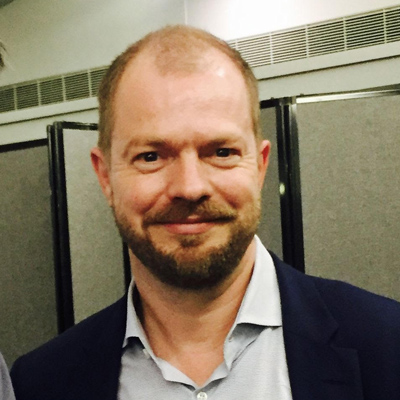
Marco Schaeffer
DIW Berlin and Jönköping University
Habib Sedehi
Professor of Computer Sciences at Rome University “La Sapienza”Habib Sedehi teaches Project Management and Systems Thinking & System Dynamics for Strategic Decision Support Systems in Executive MBA courses in different National & International Universities in Italy. He has been contracting Professor of Computer Sciences at Rome University “La Sapienza” where he used to teach Project Management and System Dynamics Simulation Modeling courses.
Freelance Senior ICT Consultant since 2001 with a background of twelve years as General Manager in a consulting & software house which makes more than thirty-five years of experience in Computer Sciences & Telecommunications.
As consultant, his main interests are focused in the following areas:
• Business process analysis oriented towards Decision Support Systems for medium-top management of both private organizations and state administrations. Development of dynamic simulation models oriented to so called “What-if analysis”,
• Project management in any environment with specialization in ICT projects,
• Large software projects cost estimation and consumption.
He has been involved in different EU financed project and presently is a key member of two projects (financed by the Erasmus+ program) in the area of Edutainment (serious games to support learning in soft skill education).
He has published two books in the field of Software Engineering and general Computer Sciences and authored more than 40 publications in different ICT fields.
He is the founder and past President of SYDIC (Italian Chapter of System Dynamics Society), founder member of Italian Association for System Science Research, Direction Committee Member of the Italian Software Metrics Association and Past President of International Commission at Rome Engineers State Association.
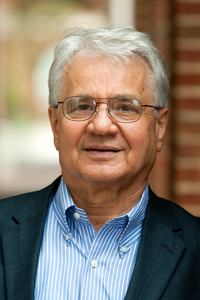
George Zestos
Dr. George K. Zestos is a distinguished Professor of Economics and holds the prestigious Jean Monnet Chair of European Integration at Christopher Newport University in Virginia. With an impressive academic journey and a prolific research career, he has made significant contributions to the field of economics, particularly in the realm of international economics and European integration.
Dr. Zestos has taught at DePauw University and Ball State University then he started his academic career at Christopher Newport University where he served as the director of the Center of Economic Education.
His research interests focus on economic growth and development, the convergence in the standards of living between the Northern and Southern European countries, the escalating public debt in both developing and developed nations and the effects of remittances on economic growth.
